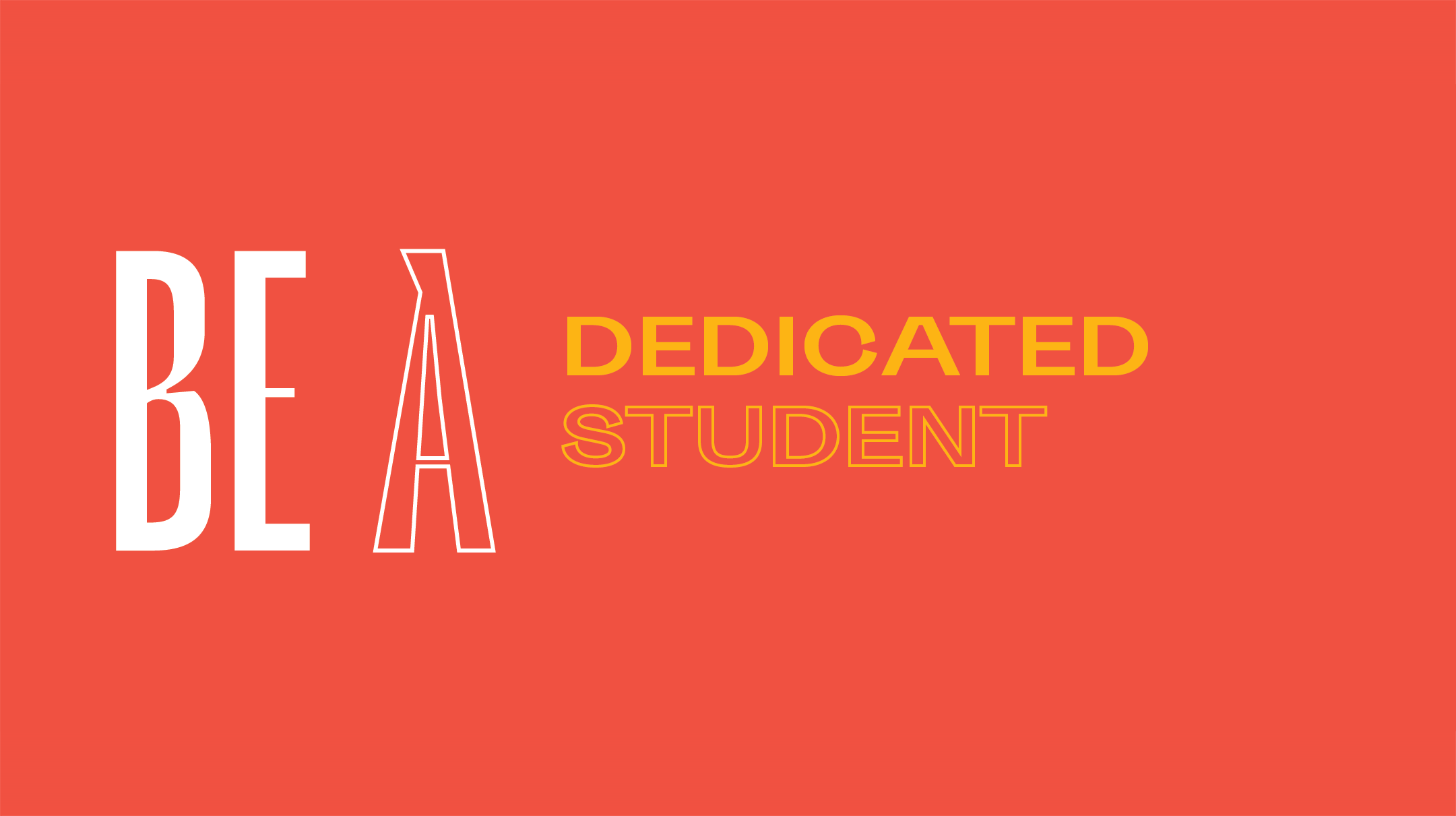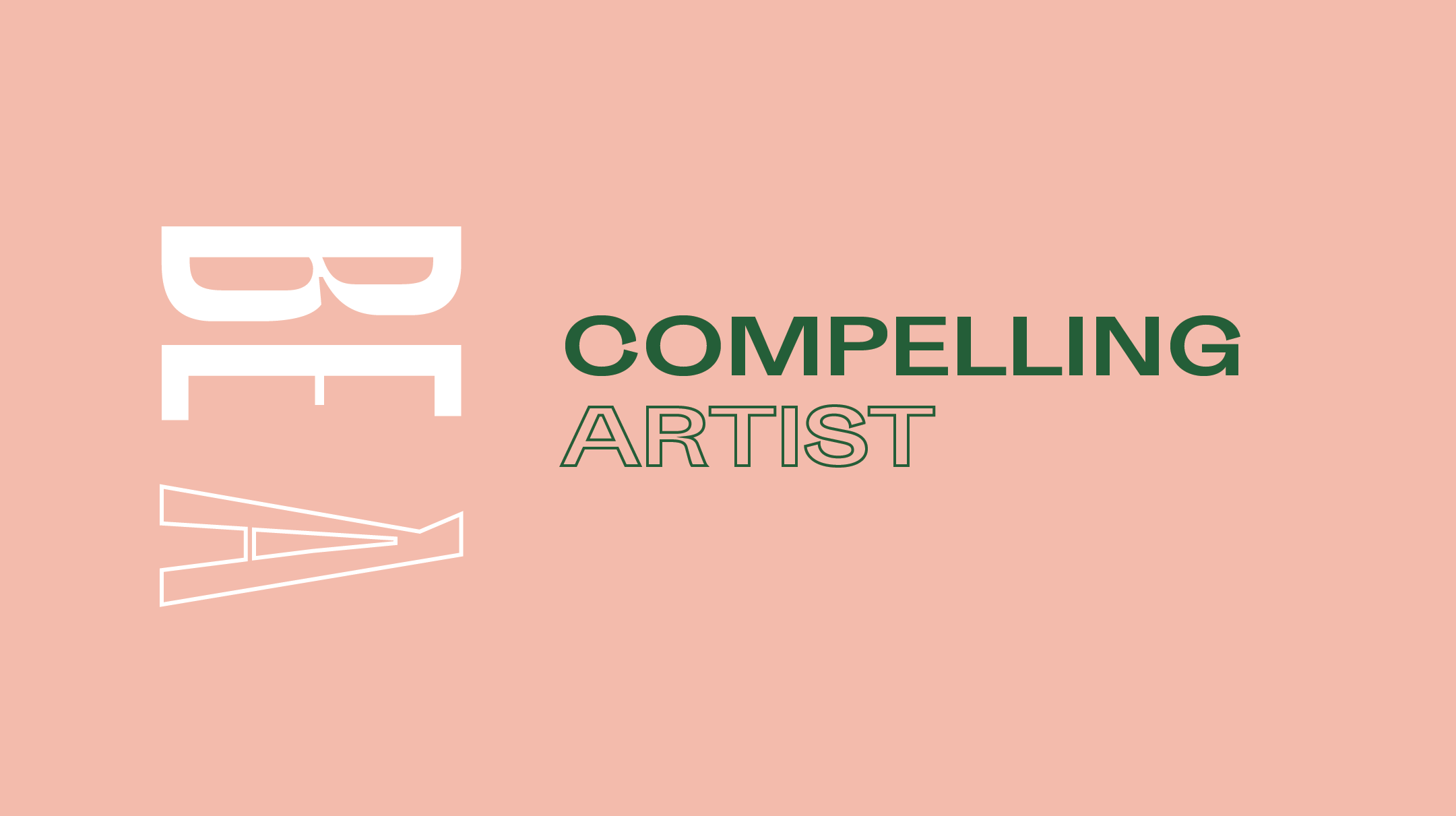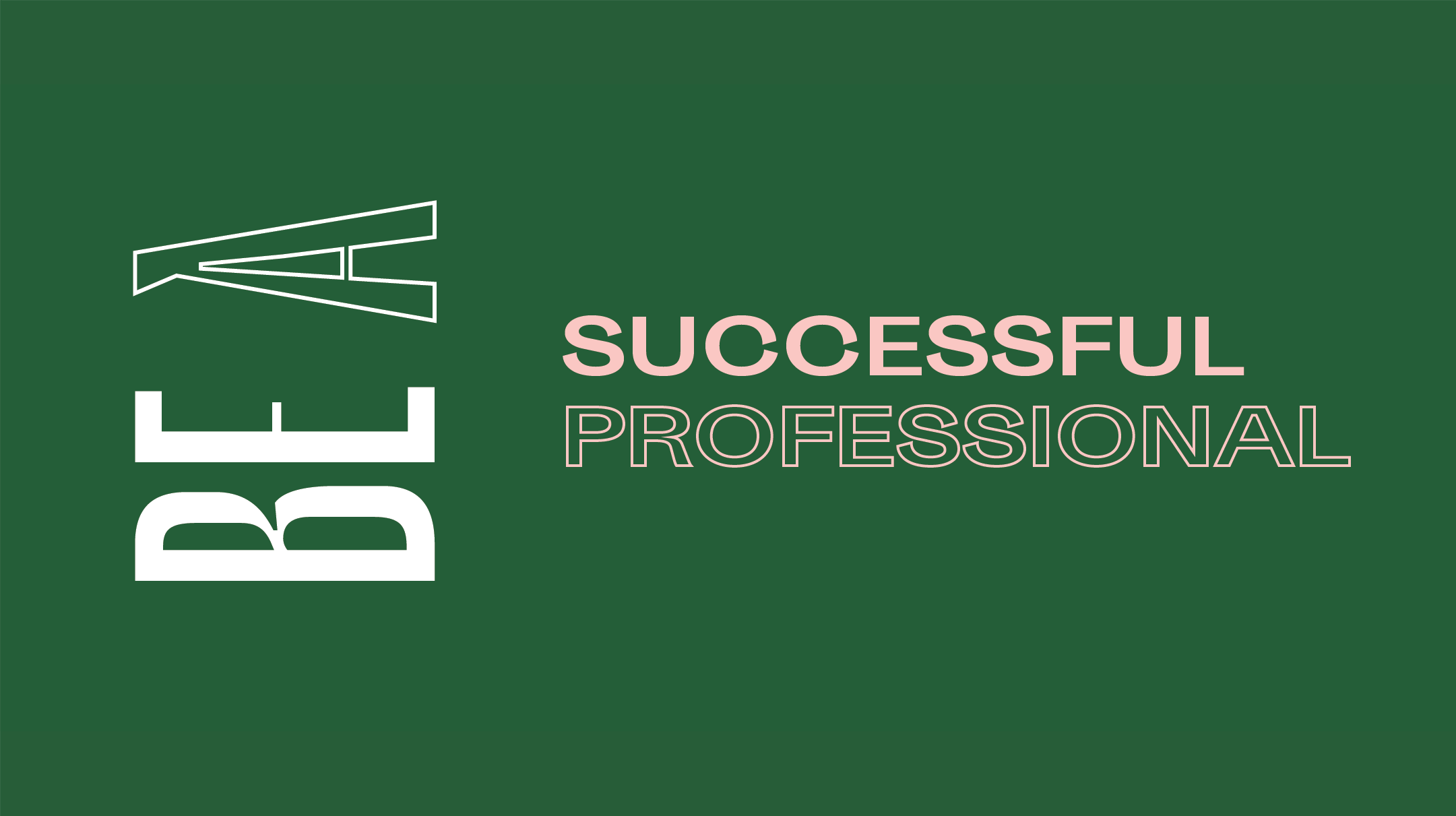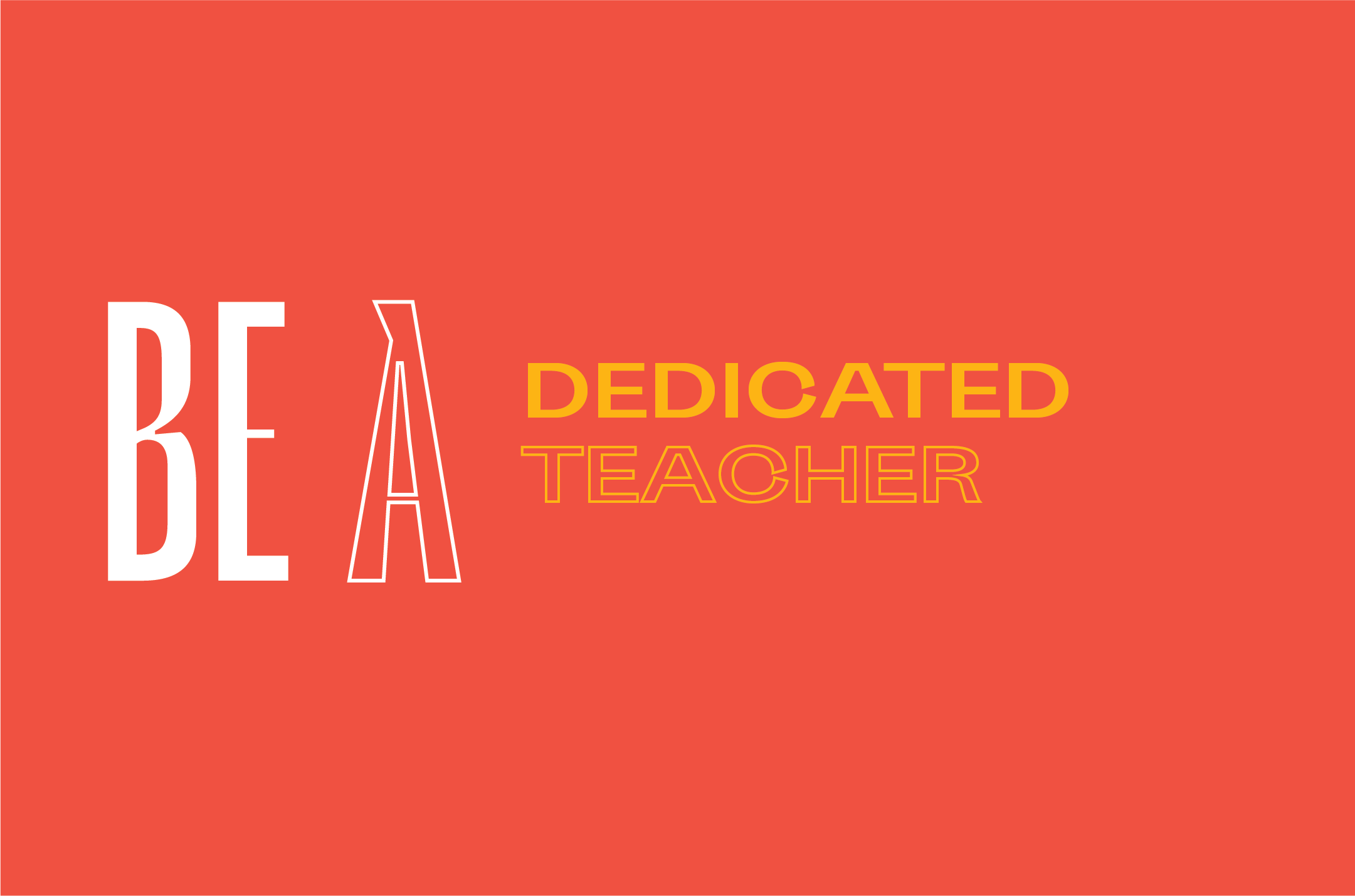



Utah Valley University School of the Arts faculty are responsible for engaging in a diverse range of discourse with every student enrolled in our programs. Student/professor relationships are professional, practical, transparent, and respectful. Our educators seek to impart the latest knowledge on contemporary and historical arts practices and are willing to share their knowledge and industry experience openly.


